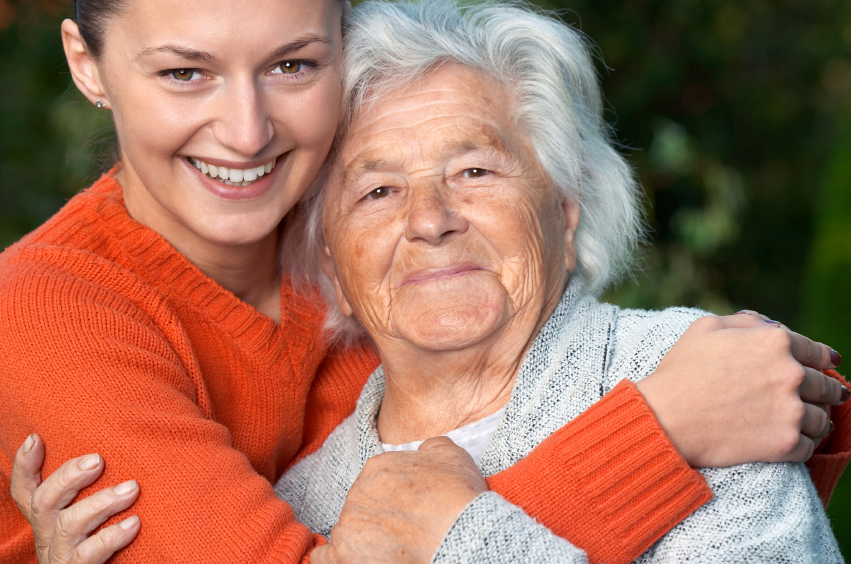 The National Center on Elder Abuse (NCEA), directed by the U.S. Administration on Aging, reports that accurate national statistics about how many older Americans are being neglected, exploited and abused are extremely difficult to gather. Varying state definitions of elder abuse, the lack of a uniform reporting system and the fact that it is often a hidden problem hinder national efforts to provide precise numbers.
The National Center on Elder Abuse (NCEA), directed by the U.S. Administration on Aging, reports that accurate national statistics about how many older Americans are being neglected, exploited and abused are extremely difficult to gather. Varying state definitions of elder abuse, the lack of a uniform reporting system and the fact that it is often a hidden problem hinder national efforts to provide precise numbers.
Hubbard House wants to address this difficult topic, because understanding and recognizing signs of improper elder care could be the difference between helping someone live with peace and security versus living in turmoil and danger – the difference between life and death.
It is estimated that for every one case of reported elder abuse, exploitation, neglect or self-neglect, anywhere from five to fourteen more incidents go unreported. A little over two thirds of elder abuse cases involve a female victim, and nearly 90 percent of incidents take place in a domestic setting by someone the victim knows.
Recent news about elder abuse in Florida made headlines last month when Gov. Rick Scott declared June 15 to be Elder Abuse Awareness Day for the state. Florida’s nearly 4.5 million seniors were the focus of the day which coincided with World Elder Abuse Awareness Day, an international attempt to raise awareness about building safer communities for the elderly.
According to Florida’s Department of Elder Affairs, Florida had 31,241 reports of elder abuse, neglect, exploitation, or self-neglect in the last 12 months. This translates to an average of 86 incidents per day, every day of the week.
According the NCEA website, these signs are guidelines for detecting problems with elder care, but the indicators of maltreatment may be more extensive:
- Physical abuse is defined as the use of physical force that may result in bodily injury, physical pain, or impairment. Physical abuse may include but is not limited to such acts of violence as striking (with or without an object), hitting, beating, pushing, shoving, shaking, slapping, kicking, pinching, and burning. In addition, inappropriate use of drugs and physical restraints, force-feeding, and physical punishment of any kind also are examples of physical abuse.
- Sexual abuse is defined as non-consensual sexual contact of any kind with an elderly person. Sexual contact with any person incapable of giving consent is also considered sexual abuse. It includes, but is not limited to, unwanted touching, all types of sexual assault or battery, such as rape, sodomy, coerced nudity, and sexually explicit photographing.
- Emotional or psychological abuse is defined as the infliction of anguish, pain, or distress through verbal or nonverbal acts. Emotional/psychological abuse includes but is not limited to verbal assaults, insults, threats, intimidation, humiliation, and harassment. In addition, treating an older person like an infant; isolating an elderly person from his/her family, friends, or regular activities; giving an older person the “silent treatment;” and enforced social isolation are examples of emotional/psychological abuse.
- Financial or material exploitation is defined as the illegal or improper use of an elder’s funds, property, or assets. Examples include, but are not limited to, cashing an elderly person’s checks without authorization or permission; forging an older person’s signature; misusing or stealing an older person’s money or possessions; coercing or deceiving an older person into signing any document (e.g., contracts or will); and the improper use of conservatorship, guardianship, or power of attorney.
- Self-neglect is characterized as the behavior of an elderly person that threatens his/her own health or safety. Self-neglect generally manifests itself in an older person as a refusal or failure to provide himself/herself with adequate food, water, clothing, shelter, personal hygiene, medication (when indicated), and safety precautions. The definition of self-neglect excludes a situation in which a mentally competent older person, who understands the consequences of his/her decisions, makes a conscious and voluntary decision to engage in acts that threaten his/her health or safety as a matter of personal choice.
- Neglect is defined as the refusal or failure to fulfill any part of a person’s obligations or duties to an elder. Neglect may also include failure of a person who has fiduciary responsibilities to provide care for an elder (e.g., pay for necessary home care services) or the failure on the part of an in-home service provider to provide necessary care. Neglect typically means the refusal or failure to provide an elderly person with such life necessities as food, water, clothing, shelter, personal hygiene, medicine, comfort, personal safety, and other essentials included in an implied or agreed-upon responsibility to an elder.
Florida law gives all of us a duty to report abuse of vulnerable adults, which includes elders. If you suspect elder abuse, please contact the Florida Abuse Hotline at 1-800-96-ABUSE (1-800-962-2873). You can also contact the Department of Elder Affairs at 850-414-2000 to speak with your local elder abuse prevention coordinator.
If you or someone you know is affected by domestic violence please call the Hubbard House 24-hour domestic violence hotline at (904) 354-3114 or (800) 500-1119. Hubbard House can help.
ABOUT HUBBARD HOUSE: Founded in 1976, Hubbard House is a certified, comprehensive domestic violence center providing programs and services to more than 6,000 women, children and men annually in Duval and Baker counties. While Hubbard House is most known for its emergency shelter, the agency also provides extensive adult and youth outreach services, school-based education, therapeutic child care, batterers’ intervention programs, court advocacy and volunteer and community education opportunities. Visit www.hubbardhouse.org to learn more.
By Erin Ostrowsky
